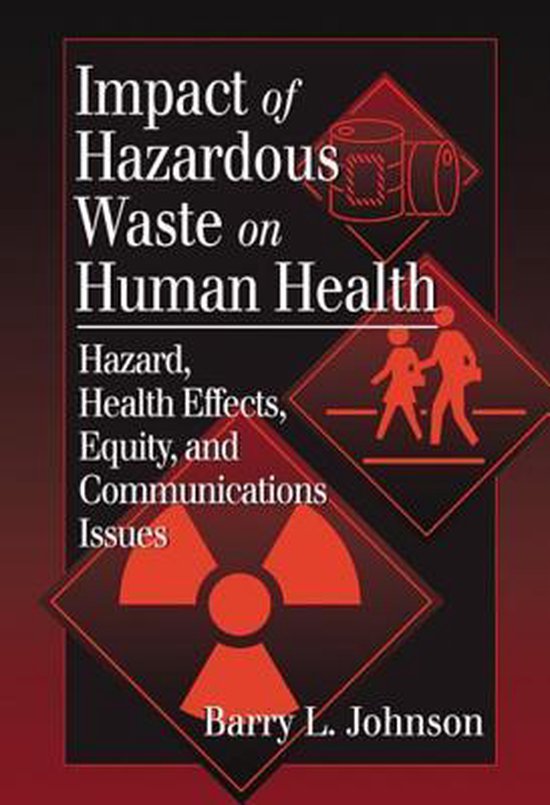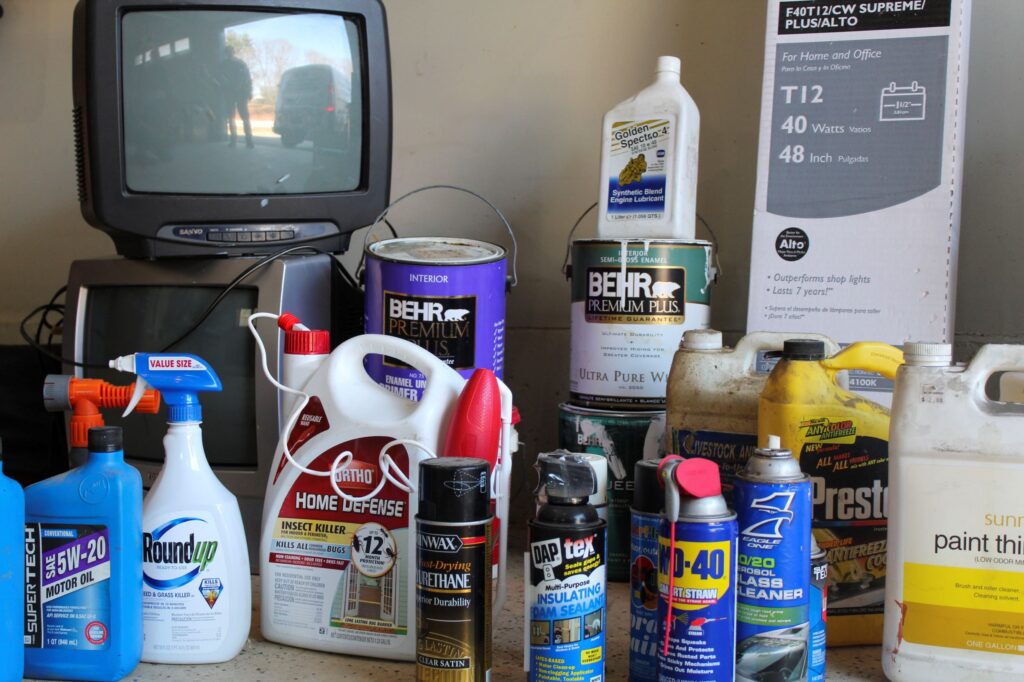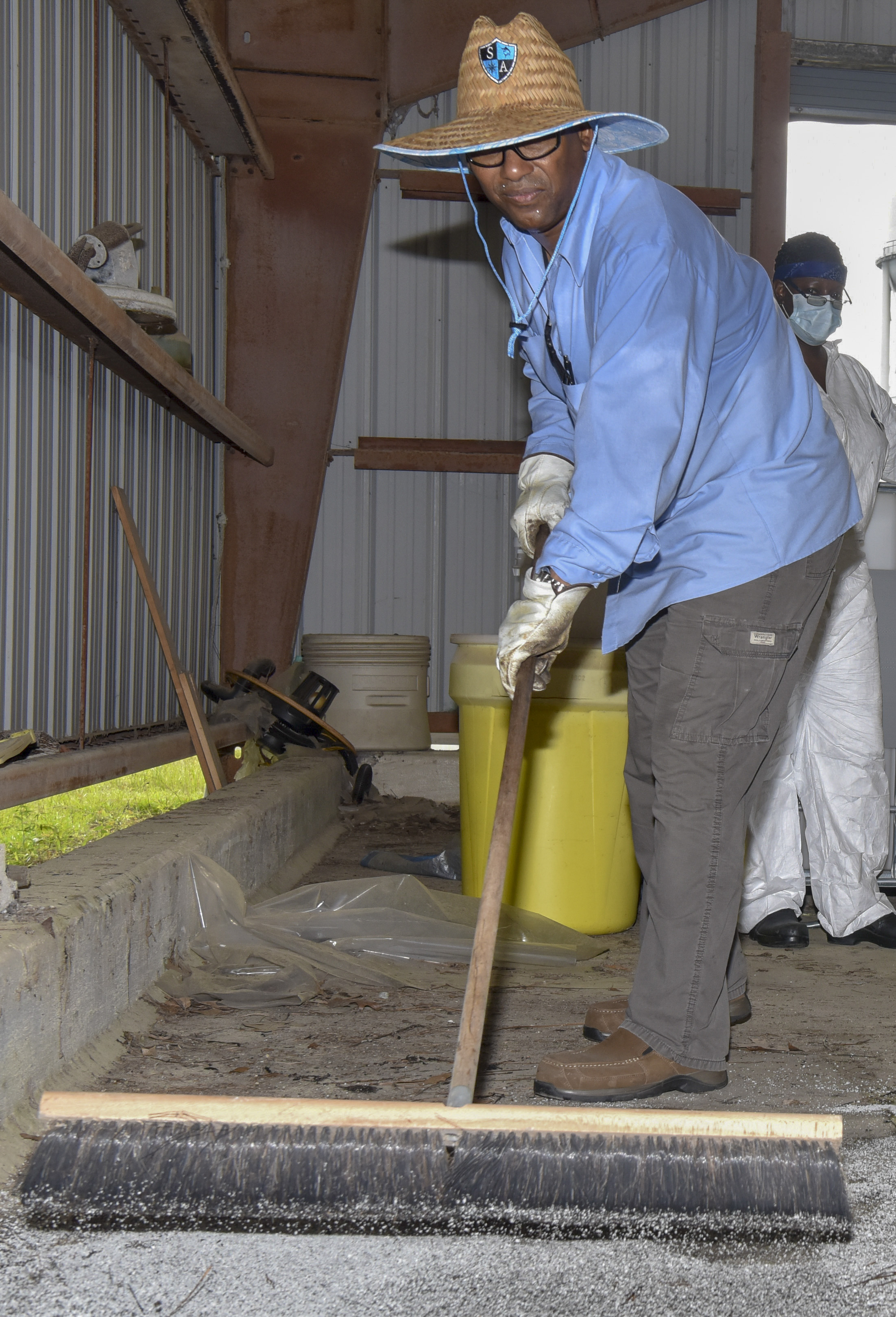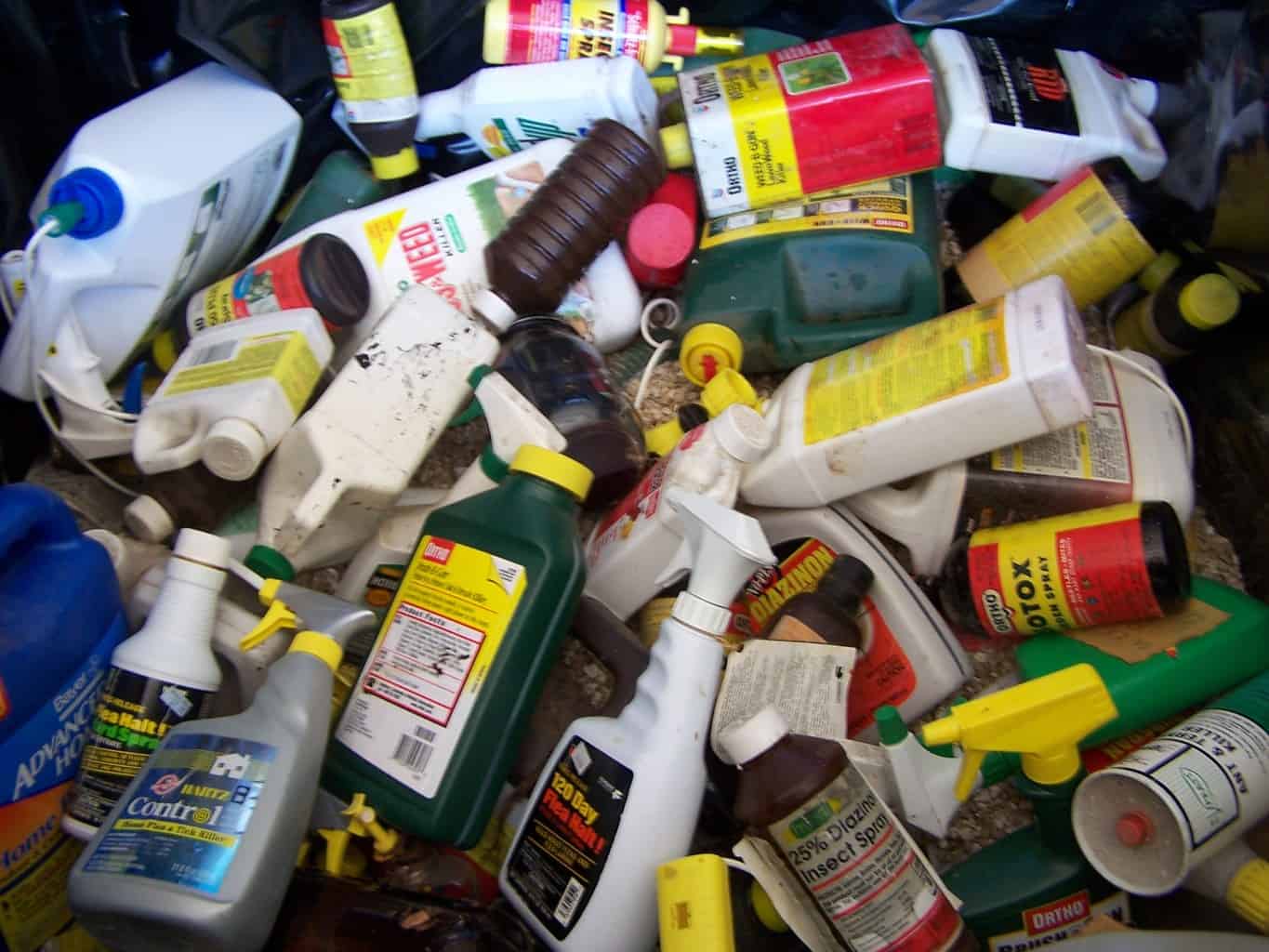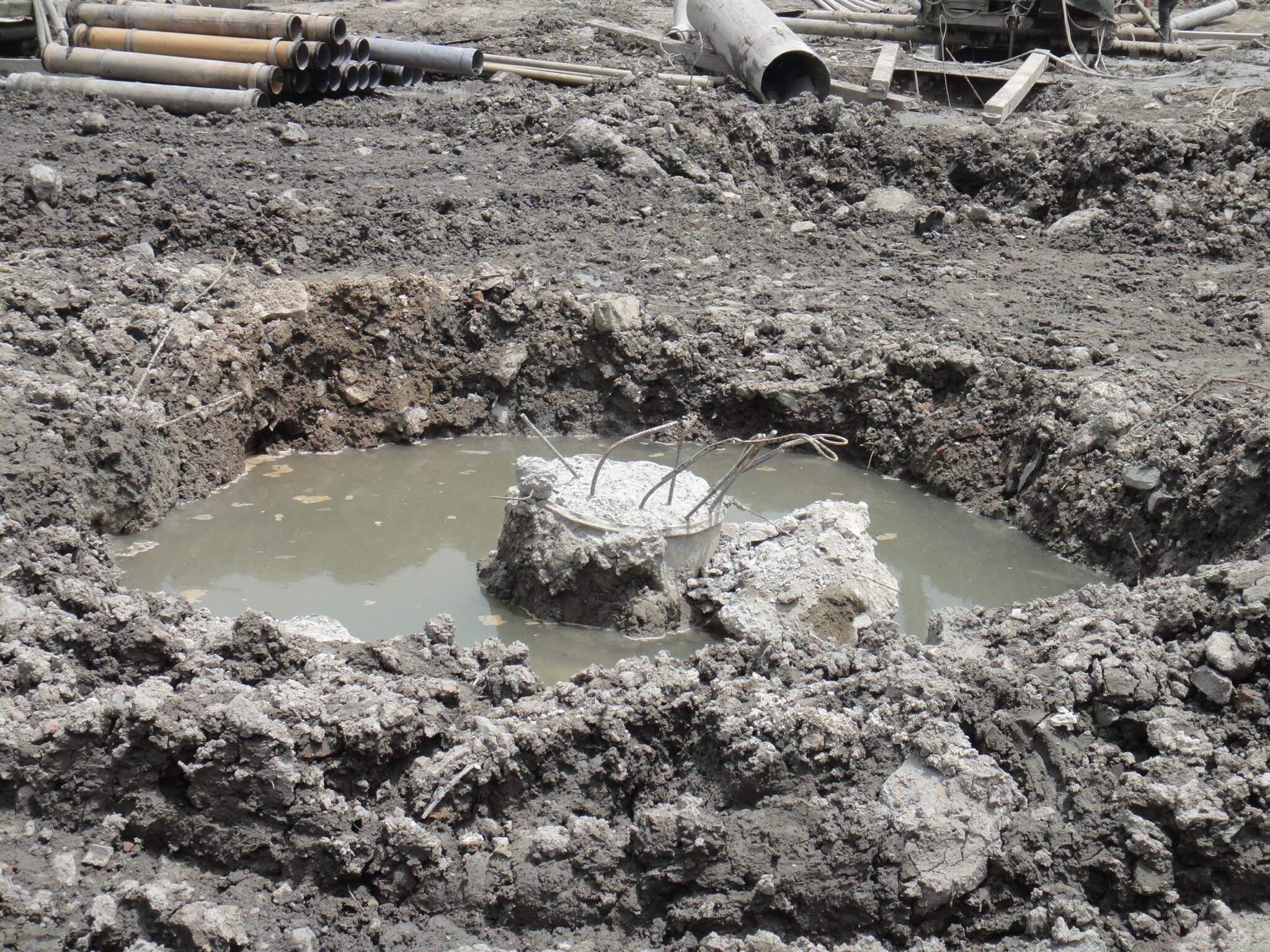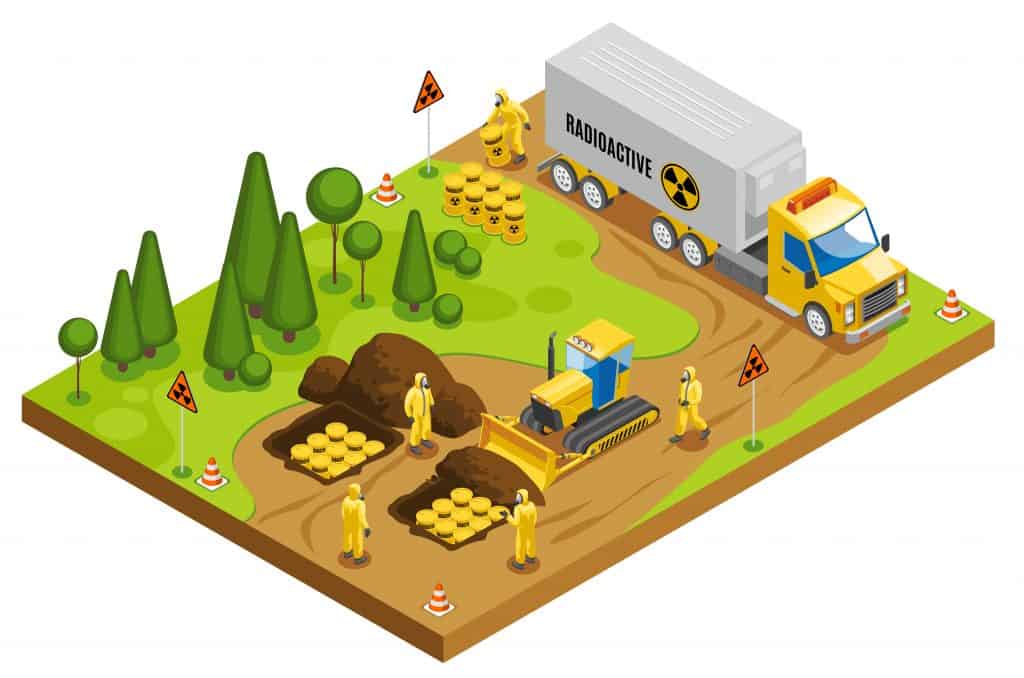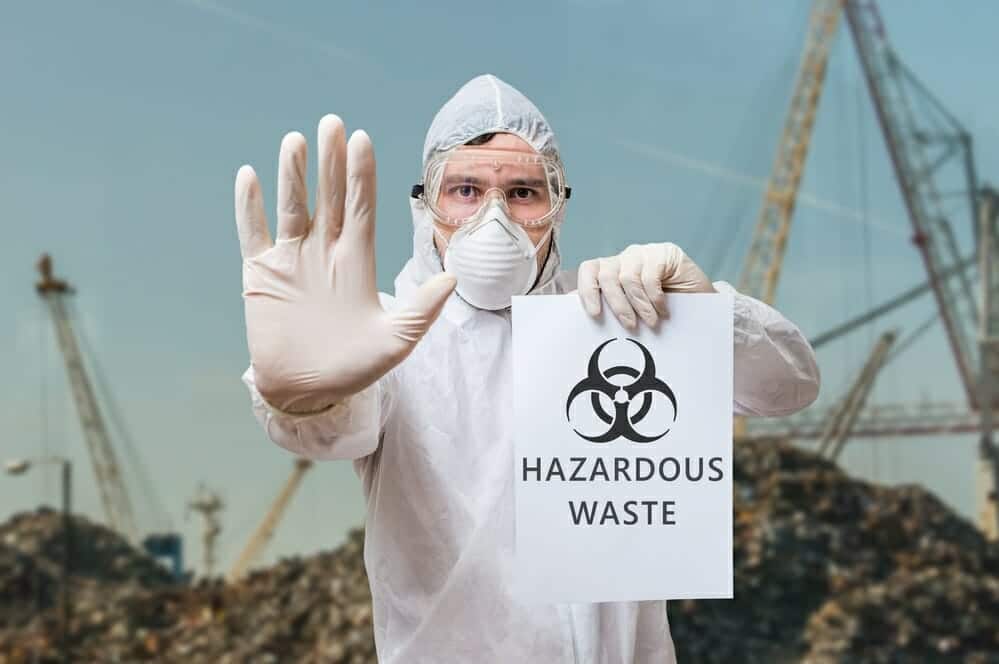Perfect Tips About How To Deal With Hazardous Human Waste
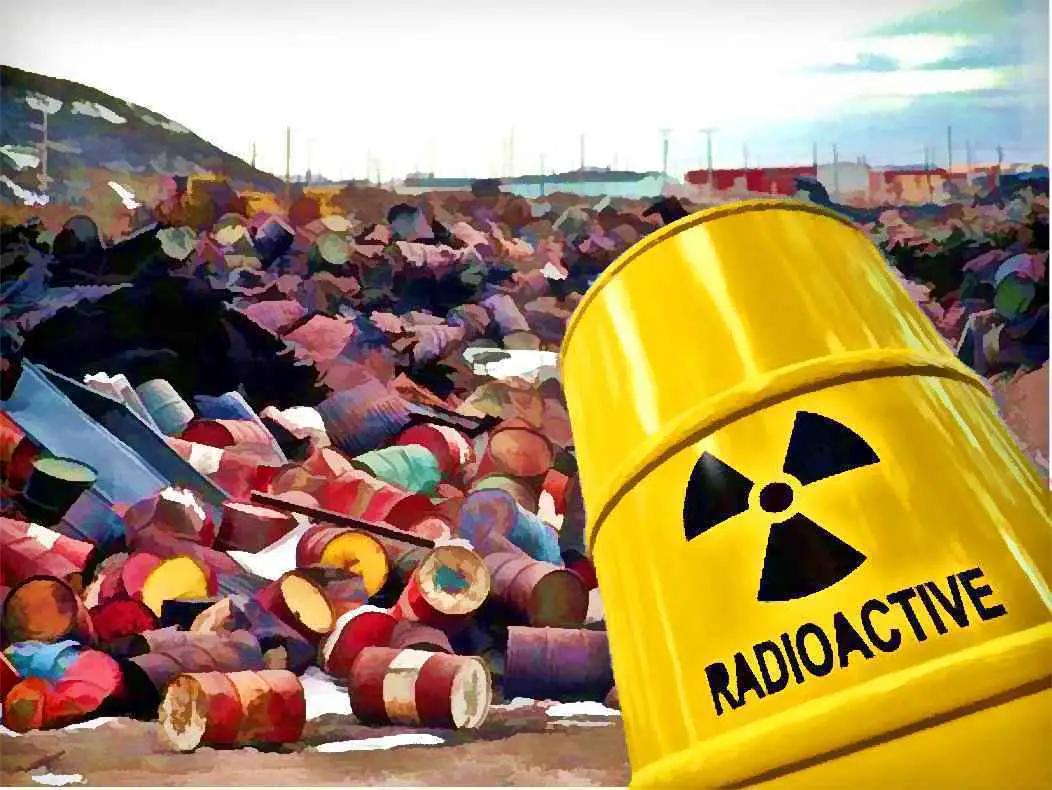
The environmental factors which need to be considered for disposing of human and hazardous waste in compliance with hse and local council hygiene regulations;
How to deal with hazardous human waste. Hazardous waste is a serious concern that requires proper understanding and handling. Other methods of hazard communication may be acceptable, such as placing notices or labels on the wastes, preparing safe operating procedure (sop) or. Learn about the definition of hazardous waste proposal and the appendix viii proposal.
Wash hands with soap and water immediately after handling human waste or sewage—including: Improperly handling toxic waste could release harmful chemicals into the air, ground water, or soil, posing a serious threat to your employees, the environment and. Keep the goods in their original containers if possible.
Hazardous waste management, therefore, deals with minimizing harmful effects on humans and environment by applying special techniques of handling, storage,. In sustainable development goal 3 ensure healthy lives and promote well being for all at all ages, in target 3.9, member states decided to by 2030, substantially reduce the number of deaths and illnesses from hazardous chemicals and air, water and soil pollution and contamination. Supporting communities, protecting ecosystems about six in 10 people planetwide lack access to proper sanitation, according to usaid.
Hazardous waste management is a complex process that includes collecting, treating, transporting, and disposing of or recycling waste that could cause. Basic hygiene practices for workers. Provides a presentation prepared for the association of waste hazardous materials transporters conference in salt lake city, ut addressing osha's.
Epa proposes two rulemakings to tackle pfas pollution. If containers are leaking, use new containers but never use food. Welcome to our comprehensive guide on hazardous waste management.
World health organization, geneva. Household hazardous waste is defined as the fraction of waste, originated from households, which contains corrosive, explosive, flammable,.
